Sign up for weekly new releases, exclusive access to live debates, and Open to Debate’s educational newsletters.
- Debates
Features
Topics
Upcoming debates
-
-
-
Trump said in his State of the Union speech that “we will pursue our Manifest Destiny into the stars, launching American astronauts to plant the Stars and Stripes on the planet Mars,” throwing down the gauntlet for the next space race. Some say the colonization of Mars is still science fiction, while others say we should prioritize efforts in that direction, given the geopolitical considerations and the fact that NASA, SpaceX, and other private companies could all play a role. Should the U.S. prioritize the exploration of colonizing Mars? Those arguing “yes” say Mars is the clear target for ensuring humanity’s survival, and the U.S. should do it first before China or other nations. Advancing Mars exploration would also lead to further developments in technology, science, and our understanding of Mars. But those arguing “no” say it’s not in our best interests to start colonizing the Red Planet. Starting a new Space Race with China could backfire and challenging environmental issues, including very little oxygen its atmosphere, suggest habitability is unlikely. As we look to the stars, we debate the question: Should the U.S. Prioritize Settling Mars?Friday, April 11, 2025
-
- Insights
- About
-

SUPPORT OPEN-MINDED DEBATE
Help us bring debate to communities and classrooms across the nation.
Donate
- Header Bottom







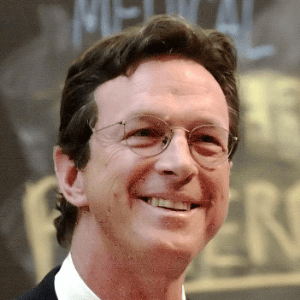
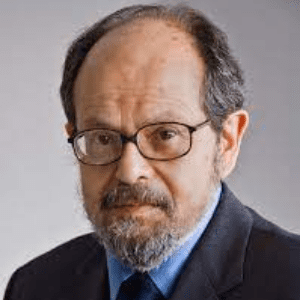
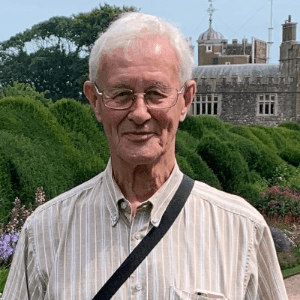
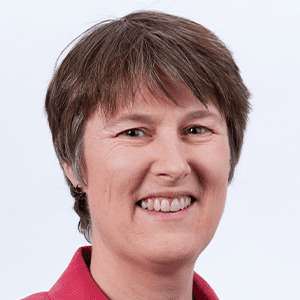
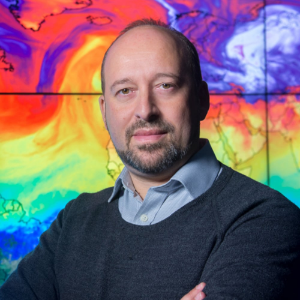
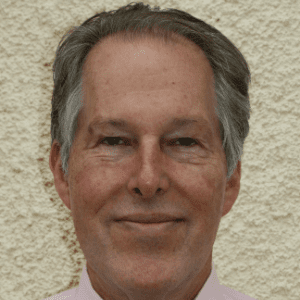










JOIN THE CONVERSATION